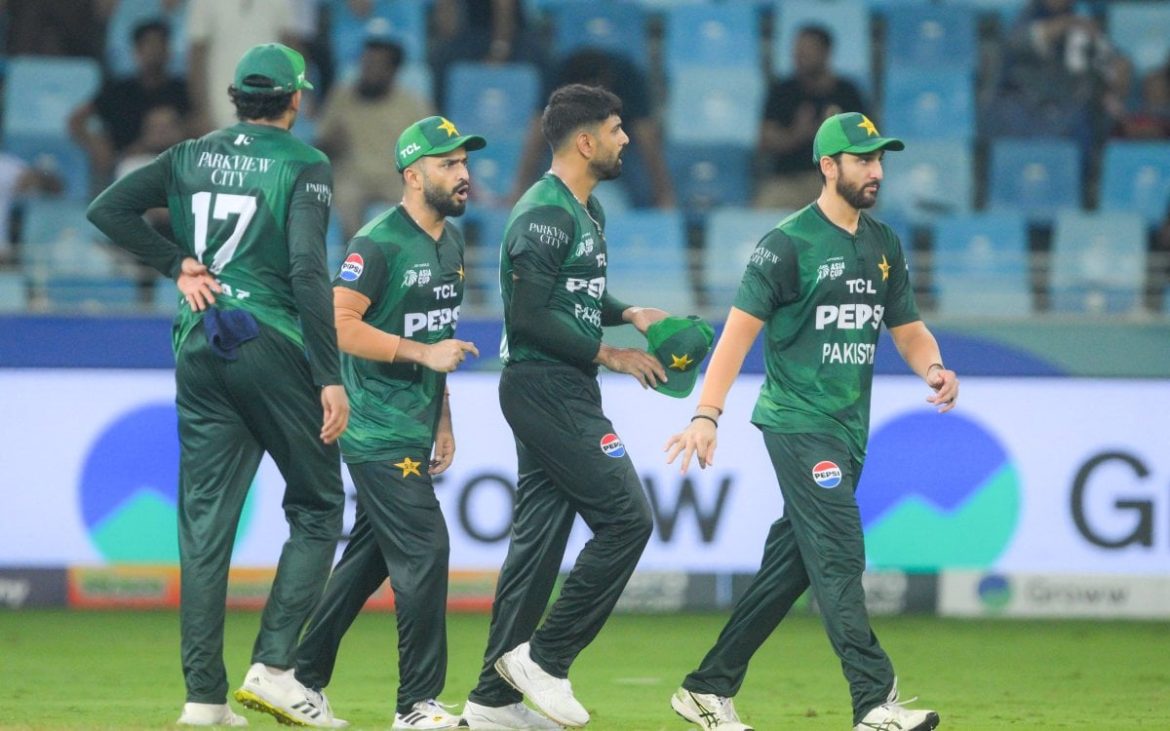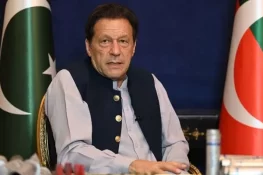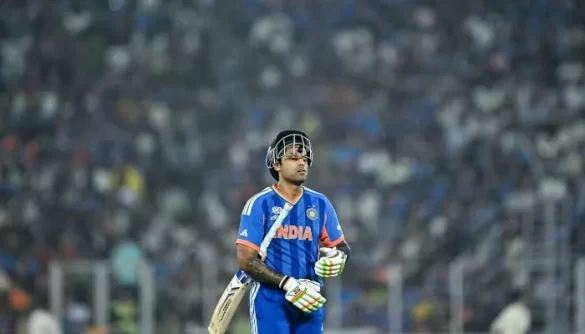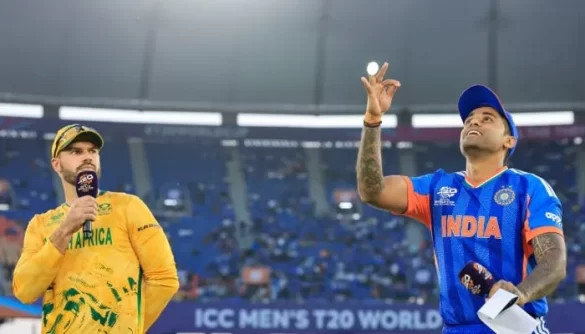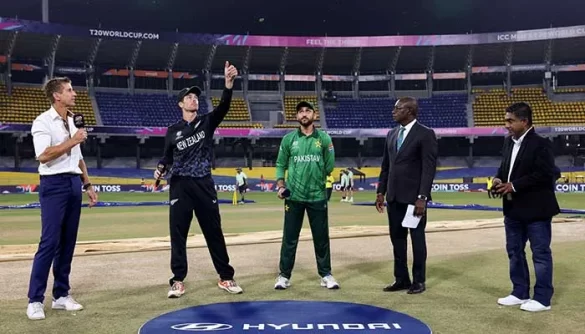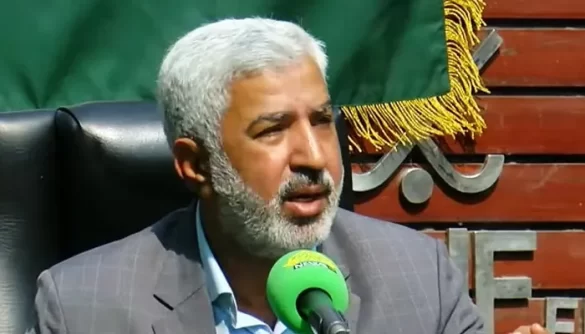Rising Tensions Before the Super Four
As the Asia Cup 2025 Super Four stage approaches, anticipation is mounting for the marquee clash between Pakistan and India. Pakistan booked their place in this stage after a strong performance against the UAE, where they secured a 41-run victory.
However, in the build-up to the game, the Pakistan Cricket Board (PCB) has issued a strong message to its rivals, urging India to “keep politics out of cricket” and ensure that the contest is played in the true spirit of the game.
The PCB’s concerns were formally raised with the International Cricket Council (ICC), requesting that match officials receive prior instructions to prevent any political gestures or unsporting behavior on the field.
Concerns Rooted in Earlier Encounter
These warnings stem from incidents during the group stage, when relations between the two sides appeared strained. According to the PCB, India’s players allegedly breached sporting etiquette.
During that game, India’s captain reportedly refused to shake hands with his Pakistani counterpart, while several players also avoided the customary post-match greetings. Such gestures, though symbolic, were viewed in Pakistan as undermining the traditions of cricket.
Adding to the controversy, Indian batsman Suryakumar Yadav made politically charged remarks after the match, further inflaming tensions between the two camps.
Disputed Decisions and ICC Intervention
The situation was compounded by match referee Andy Pycroft’s controversial calls, which Pakistan felt had impacted the outcome of the game. In response, the PCB lodged a formal complaint with the ICC, demanding Pycroft’s replacement for future fixtures. The board even hinted at the possibility of a boycott if their concerns were not addressed.
Following the uproar, the ICC launched an internal inquiry. Pycroft issued an apology for the decisions that had sparked anger, and although the investigation delayed proceedings, the tournament ultimately continued as scheduled.
Focus Shifts to Upcoming Clash
With the Super Four match approaching, the ICC is reviewing the appointment of umpires and referees to ensure neutrality and avoid further controversy. Both boards understand the magnitude of the occasion. Matches between Pakistan and India are not only the biggest draw in Asian cricket but also carry global significance, often attracting television audiences exceeding 300 million viewers.
Pakistan’s team management has meanwhile advised players to focus solely on their cricket and avoid distractions caused by external narratives. Coaches and senior officials have urged the squad to let their performances on the field speak louder than off-field controversies.
Political Undertones in Cricket
The rivalry between Pakistan and India is often described as one of the fiercest in sport. While deeply rooted in cricketing history, it has frequently been overshadowed by political tensions between the two nations. Diplomatic relations remain fragile, and cricketing ties are limited to multinational tournaments, as bilateral series have been suspended since 2012.
This has heightened the stakes for every Asia Cup and World Cup encounter. Small gestures or words—whether intentional or not—are magnified, leading to diplomatic ripples. The PCB’s latest statement underscores a long-standing demand from both cricketing communities: to let the game be a unifying force, rather than a battleground for political rivalries.
Looking Ahead
As Pakistan and India prepare to meet once again, much will depend on the conduct of officials, players, and fans. Both boards recognize the importance of maintaining cricket’s reputation as a sport of fairness and camaraderie.
For Pakistan, the message is clear: while competition on the field will be fierce, the “spirit of cricket” must prevail. The ICC’s handling of match officials and the behavior of both teams will determine whether this clash is remembered for cricketing excellence or for renewed controversy.

